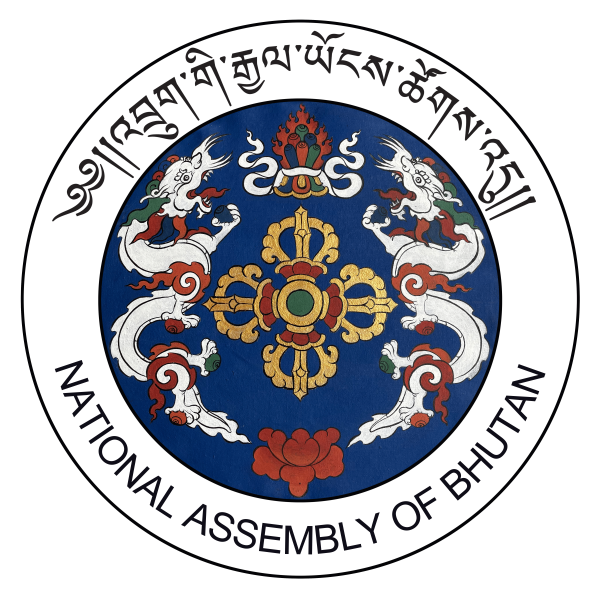
Question Hour Session for Group C Ministers
During the second round of Question Hour for the Ministers in Group C, three oral questions and four written questions were tabled in the House. Three oral and two written questions were directed to the Prime Minister, while one written question each was directed to the Minister for Finance (MoF) and the Minister for Home Affairs (MoHA).
The Member from the Mongar constituency questioned the Prime Minister regarding Bhutan's decentralization policies. The Member highlighted key issues, including the limited 29% capital budget allocation for Local Governments (LGs), the growing centralization of authority, and weaknesses in the planning agency. He asked the Prime Minister regarding the broader direction of the government on decentralization, empowerment of the local government by increasing budget allocation and human resources while providing more autonomy in administration and planning. He also asked about the plans of the government to prioritize review of the Local Government Act, policies and rules and regulations to strengthen decentralization of development with more autonomy, authority and accountability to the Local Government.
The Member from the Khamdang-Ramjar constituency raised concerns about the current status of Bhutan's development philosophy, Gross National Happiness (GNH), which has been a guiding principle for the nation since 1970. While GNH has gained global recognition and adoption, the dissolution of the Gross National Happiness Commission (GNHC) during recent reforms has created challenges in coordinating development plans and mobilizing resources. The Member questioned the government on the current guiding principles of development in Bhutan, and if GNH is still being pursued with the same dedication. He further questioned if the GNHC’s policy screening tools are still in use for development and the relevance of institutions like the Center for Bhutan and GNH Studies in the current development framework.
The Member from the Nyisho-Saephu constituency questioned the Prime Minister regarding the government's efforts to promote Dzongkha, particularly in light of the recent executive order mandating its use in public meetings and government correspondence. The Member asked the Prime Minister on the additional measures being planned by the government to employ Dzongkha experts in government offices on strategies to enhance the capacity of the Dzongkha Language College and research center to support these initiatives.
In response, the Prime Minister stated that the decentralization comes from the vision of the Fourth Druk Gyalpo, which is the introduction of Democracy. Also the government has always aimed to strengthen Local Governments and even in the 11th Five-Year Plan (FYP) one of the goals was strengthening LG. To support this, the government has introduced a separate Gewog Block Grant has also been allocated and community service booths in many gewogs. In the 13th FYP, Nu.72 billion has been allocated for Local Governments, including Dzongkhags, Thromdes, Gewogs, and other budgets from the SDP and PTA has also been allocated. The Prime Minister emphasized that while there is enough funding for the development of Local Governments, there is a shortage of human resources which the government is currently working on with the help of the Local Leaders like Gups.
The Prime Minister also acknowledged the importance of Gross National Happiness (GNH) as the guiding principle of Bhutan. He stated that all developmental activities, as well as the preservation and conservation of nature and culture, are aligned with GNH. All plans and activities are carried out with GNH in mind, and the government continues to prioritize these principles.
Furthermore, the Prime Minister emphasized that one of the pillars of GNH is the preservation of culture, which includes Dzongkha. According to the Royal Civil Service Commission (RCSC), all civil servants have to undergo exams in both Dzongkha and English, with equal importance given to both languages. An order has also been issued requiring the use of Dzongkha in meetings across all agencies and ministries. While both English and Dzongkha are important—since English is vital for foreign relations and Dzongkha is essential for efficient domestic work - the Prime Minister stressed the importance of improving Dzongkha as the national language. He noted that the widespread use of the internet and electronic devices, particularly among children, has led to a decline in speaking Dzongkha correctly. This trend poses a threat to the preservation of the national language and may affect the country's cultural values and contribute to other related issues in the future.
Comment
You May Also Like
Vote / Poll
How should the government react to Bhutanese leaving to Australa ?





